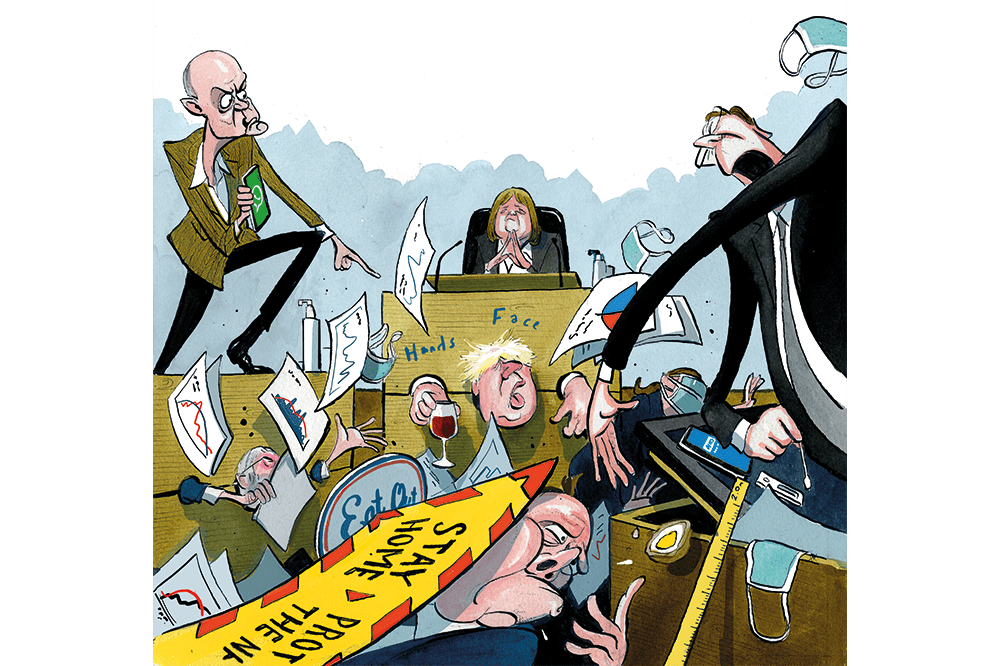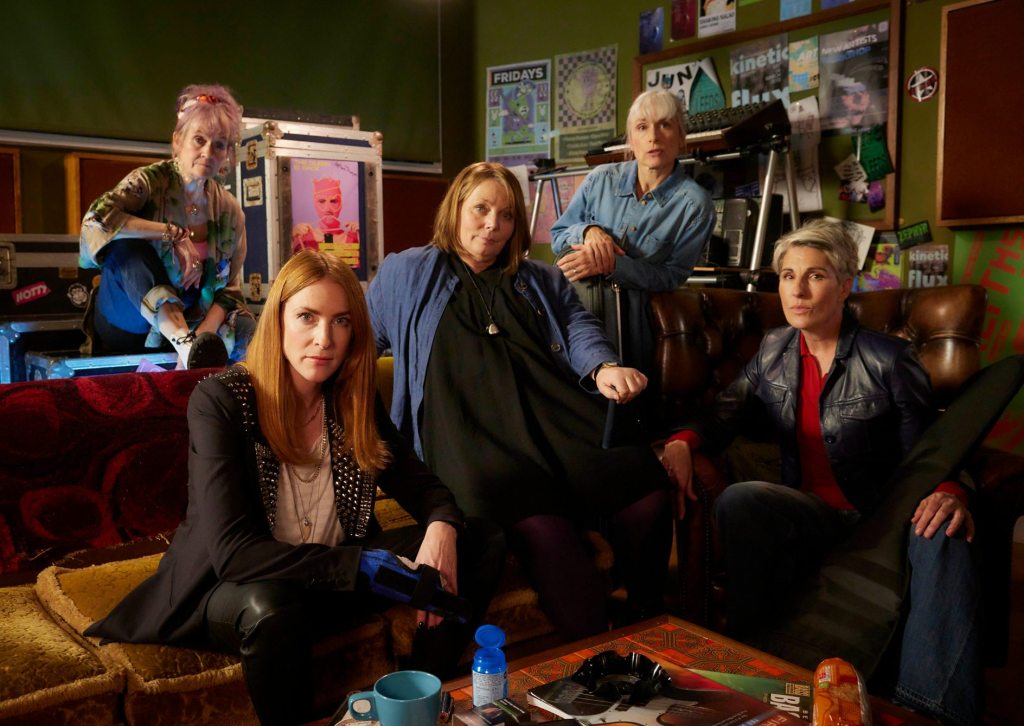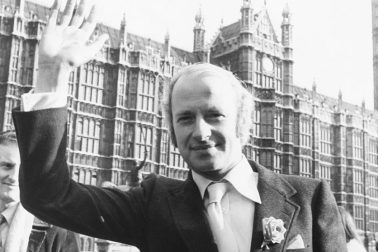The most important stories from the Covid Inquiry are found in the written evidence and submitted statements. However, the Cabinet Office is refusing to release vital evidence that the Inquiry isn’t interested in, in case it ‘excessively focused’ the public’s attention on lockdown-decision making. If neither side change their position, the British people will be left in the dark.
Last November, I reported in the magazine that the witness statement of Ben Warner – who had been brought into No. 10 as Head of Data by Dominic Cummings – revealed that not only was an erroneous graph used to justify the second lockdown but that senior figures, possibly including the Prime Minister, knew that the graph was wrong but decided to broadcast it to the nation anyway. What we still don’t know is how specifically this decision to hoodwink the public was made. Warner’s statement references a number of documents which might answer this question. Those documents are:
- The presentation created by Warner with projected Covid deaths that was emailed around No. 10 contained ‘a very simple story to show why we need to take action, and that doing nothing is not an option.’
- The email discussion surrounding that presentation.
- The document from Sage modellers on which Ben Warner had viewed on the same day.
- A briefing document that had been created for the Prime Minister by another aide.
- Emails between Warner and chief scientific advisor Patrick Vallance that were sent in the run up to the Halloween press conference announcing the second lockdown.
At the time The Spectator tried to obtain these documents from the Inquiry. However, the 2005 Inquiries Act only allows it to publish evidence if the Chair, Baroness Hallett, decides that a particular document should be put into evidence or if that document is shown in an open hearing. I understand that because none of the core participants at the Inquiry requested for these documents to be entered into evidence, Lady Hallett has not done so. She may change that decision in the future or include them in her final report, but this is an inquiry with no end date. The latest, I’m told, is that evidence hearings are planned well into 2026. Waiting years to see these crucial documents that played a role in locking down millions is intolerable when the next pandemic could come at any moment.
I next went to the Cabinet Office (who had submitted the documents to the Inquiry) to obtain them under the Freedom of Information Act. At first the government refused to either confirm or deny whether it possessed the documents. It used this excuse to extend its response deadline five times over six months while it sought legal advice.
Finally, at the end of last week, the government made a decision. Yes, it has some of the documents requested and yes, it agrees that publication of the documents would be in the public interest but it would still not publish them. To do so, the government said, would leave the Inquiry ‘adversely affected’. It said that publishing the documents ‘would create expectations around that topic, which could undermine public confidence in the Inquiry’. But most strikingly the government seemed to worry about the public’s reaction to the documents, saying:
There is the potential that if the material was released, it would result in public interest being excessively focused on this specific aspect of the lockdown decision-making process, to the detriment of a more holistic examination that the Inquiry is aiming for.
But the Inquiry is entirely independent of the government. So, what business does the Cabinet Office have in worrying about the public’s ‘focus’, excessive or otherwise? The FoI response suggests little confidence in Baroness Hallett too:
Moreover, [publishing] could negatively influence the ability of the Chair to decide which aspects of the decision-making process around lockdown affecting other factors of the pandemic response that will be examined in future modules.
It seems to be quite unlikely that a former Court of Appeal judge with a legal career that started in the 1970s would or even could be ‘negatively influenced’ by the public’s response to anything.
The Spectator will be appealing the FoI decision, but it seems unlikely that the Cabinet Office will budge. The Inquiry, for its part, is bound by strict legislation and only the Chair can make the documents public from their side. If the government sticks by its position then it could be years before these documents ever have a chance of seeing the light of day.
A spokesperson for the UK Covid-19 Inquiry said:
The Inquiry, which is entirely independent of government, has so far published tens of thousands of pieces of evidence and will continue to do so. The Inquiry plays no part in the response of government departments to FOIA requests.
A Cabinet Office spokesperson said:
It is absolutely right that we allow the COVID Inquiry to carry out its important work. It is for the Inquiry Chair to handle the publication of evidence relevant to the Inquiry, and the Cabinet Office will continue to assist the Chair and the Inquiry in this regard.








Comments